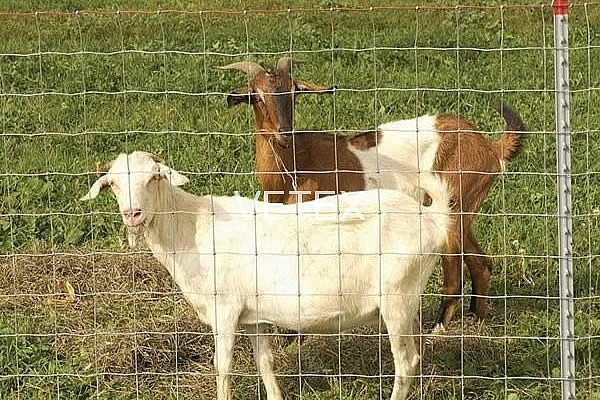 TEL:
+86-13102802206
TEL:
+86-13102802206
 Email:
fencenetting@china.com
Email:
fencenetting@china.com
 Language
Language
 TEL:
+86-13102802206
TEL:
+86-13102802206
 Email:
fencenetting@china.com
Email:
fencenetting@china.com
 Language
Language


The Versatility of Plastic Coated Iron Wire
In the world of construction, gardening, and various industrial applications, plastic coated iron wire stands out as a remarkable material known for its durability, versatility, and aesthetic appeal. This innovative product marries the strength of iron with the protective qualities of plastic, ensuring a wide range of applications across different sectors.
Composition and Manufacturing Process
Plastic coated iron wire begins with a core made from high-quality iron wire, which provides the essential strength and resilience needed in various applications. The manufacturing process involves coating the iron wire with a layer of plastic, which is typically made from materials like PVC (polyvinyl chloride) or polyethylene. This coating process can be accomplished through methods such as extrusion or dip-coating. The choice of plastic and the thickness of the coating can be adjusted to meet specific requirements, which is crucial for tailored applications.
Durability and Resistance
One of the most significant advantages of plastic coated iron wire is its enhanced durability. The plastic coating acts as a barrier, protecting the underlying iron from rust, corrosion, and environmental factors. This makes it especially suitable for outdoor use, where traditional iron wire might deteriorate quickly due to exposure to moisture, chemicals, and UV radiation. Whether in a garden fence, a trellis, or a construction site, plastic coated iron wire can withstand harsh conditions while maintaining its integrity.
Applications Across Industries
The versatility of plastic coated iron wire allows it to be used in a multitude of applications. In the agricultural sector, it is commonly used for fencing, securely enclosing livestock or defining property boundaries. The smooth plastic surface minimizes the risk of injury to animals, making it a safer option for farmers.

In gardening, the wire is employed for trellises, plant supports, and decorative fencing. The aesthetic nature of the plastic coating can easily blend with natural surroundings, enhancing the visual appeal of gardens and landscapes. Additionally, it can be painted in various colors, allowing for customization according to the gardener's taste.
In construction, plastic coated iron wire is used as reinforcement in concrete, tying rebar together to ensure stability and strength in structures. Its resistance to corrosion extends the lifespan of construction projects, ultimately providing cost savings in maintenance and repairs.
Ease of Use
Another significant benefit of plastic coated iron wire is its ease of use. It is lightweight and flexible, allowing for easy handling and installation. The coating prevents sharp edges, making it safer to work with compared to uncoated wire. This attribute is particularly crucial for DIY projects or for those working in environments where safety is a concern.
Environmental Considerations
As sustainability becomes a growing concern across industries, the choice of materials is more important than ever. Plastic coated iron wire can be a more eco-friendly option compared to traditional materials. The longevity and durability of this wire reduce the need for frequent replacements, minimizing waste. Moreover, advancements in recycling technologies mean that the plastic coating does not necessarily end up in landfills; it can often be processed and reused.
Conclusion
In conclusion, plastic coated iron wire is an invaluable asset across a variety of industries. Its combination of strength, durability, and aesthetic appeal makes it a preferred choice for many applications, from agriculture to construction. As we continue to seek sustainable solutions in material usage, plastic coated iron wire proves to be an effective option that addresses both performance and environmental responsibility. Embracing this versatile material is not just a smart choice; it is also a step towards a more sustainable future.